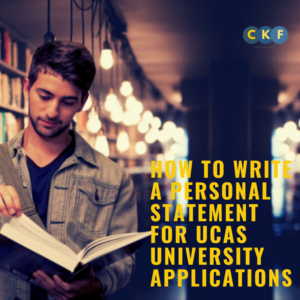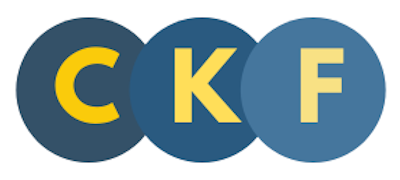 All personal statements should be different, so resist the temptation to copy or adapt someone elses! Here’s my top tips to help you sound genuine, enthusiastic and knowledgeable:
All personal statements should be different, so resist the temptation to copy or adapt someone elses! Here’s my top tips to help you sound genuine, enthusiastic and knowledgeable:
*A strong UCAS statement is built of sentences built using this ABC content framework*:
| A |
Activities what activities, actions and experiences had you done that you can include? Could be:
|
| B |
Benefits Describe the benefits of these activities – what skills did you develop or what knowledge did you gain? |
| C |
Course How is this experience, skills or knowledge going to be beneficial for your degree studies? |
Examples of how this could look in a sentence:
A) I have worked in a busy café for 3 months as part of a team,
B) this has developed my communication and team working skills
C) which will help me in my degree studies when working on group projects.
A) I had two week’s work experience in 2021 with Smith and Co Solicitors,
B) which gave me the opportunity to work alongside qualified, experienced solicitors and gain an insight into aspects of family law, wills and probate and property law.
C) This experience increased my awareness and interest in property law which will be beneficial when studying for an LLB (Hons) Law degree.
Other things to help you find relevant content:
1) Describe your reasons for wanting to study the course
Be genuine and specific, if you have cultivated an interest in this subject area over time then mention what inspired you and how your interest has developed. You need to get across real enthusiasm for studying this subject.
2) Tell them about the things you have done outside of your studies
Describe what external things you have done beyond your school activities to further develop your knowledge. Try to think about things that not everyone else is doing. You have to remember your statement will be one of thousands!
3) Explain why your experiences outside the classroom are relevant to the course
This shows reflection on what your experiences have developed in terms of skills and knowledge. Think about your work experience, visits to relevant organisations/public buildings or any community events or activities you may have been involved in.
4) Develop this further and tell them how this is relevant to your chosen career
Tell them what career you want to pursue and how your academic and non-academic experiences you have chosen are leading you to reach this goal.
5) Skills and competencies
You will have developed a range of skills – even if you are not aware of them! You need to identify these and write about the most relevant ones. Consider what you are like in a team, have you supervised others? have you organised anything or solved any problems? perhaps you are good with people or have a knack for coming up with great ideas. Maybe you are a sporting champion or a dancing diva? Whatever your skills are, you need to elaborate on the relevant ones explaining what attributes and skills you have developed that would be beneficial on the course and ultimately in your career journey.
For the actual writing of your personal statement:
-
- Use paragraphs to make it more readable and if you have space, leave a line to separate different areas of information.
- Check that you have included your academic and extra-curricular information.
- Be positive in your wording and write ‘from the heart’ otherwise, it will read too textbookish and the reader may find it hard to connect with you. Be honest, but only mention positive things.
- Write it yourself.
- Use clear, easy to read language. Short sentences can be very effective and easy to read. You do not need to impress by using overcomplicated words.
- Remember that your enthusiasm for the subject must shine through, after all – the tutors are passionate about what they teach and will warm to students who share their passion. Don’t mention individual universities though as the same statement will be used for all.
- If you are applying for different courses in different universities, then identify common themes such as problem solving or organisation.
- Ask a tutor to read your statement and provide feedback.
- Try to start early with your first draft, and if you can – get it submitted before November.
- Boundaries: 4,000 characters or 47 lines of text.
Good luck!
PS: Remember to check deadlines for submission and response dates

Charlotte Eve
Charlotte Eve is an award winning CV Writer, LinkedIn Writer and Interview Coach, helping people internationally to move confidently into new roles. With an HR background, passion for writing and determination to pursue a ‘useful’ career, Charlotte set up C K Futures to support people most at risk in the job market. She is recognised by recruitment agencies, career coaches and back-to-work organisations nationwide as a specialist in helping people affected by redundancy, those seeking career change, individuals with complicated careers, parent returners and those with career gaps. Charlotte has helped more than 20,000 people into new roles, delivers her Masterclass Course to employment organisations and is sought out by businesses for her outplacement services. Also mum to two teenagers, Charlotte supports charities to help young adults and is a Youth Mentor.
